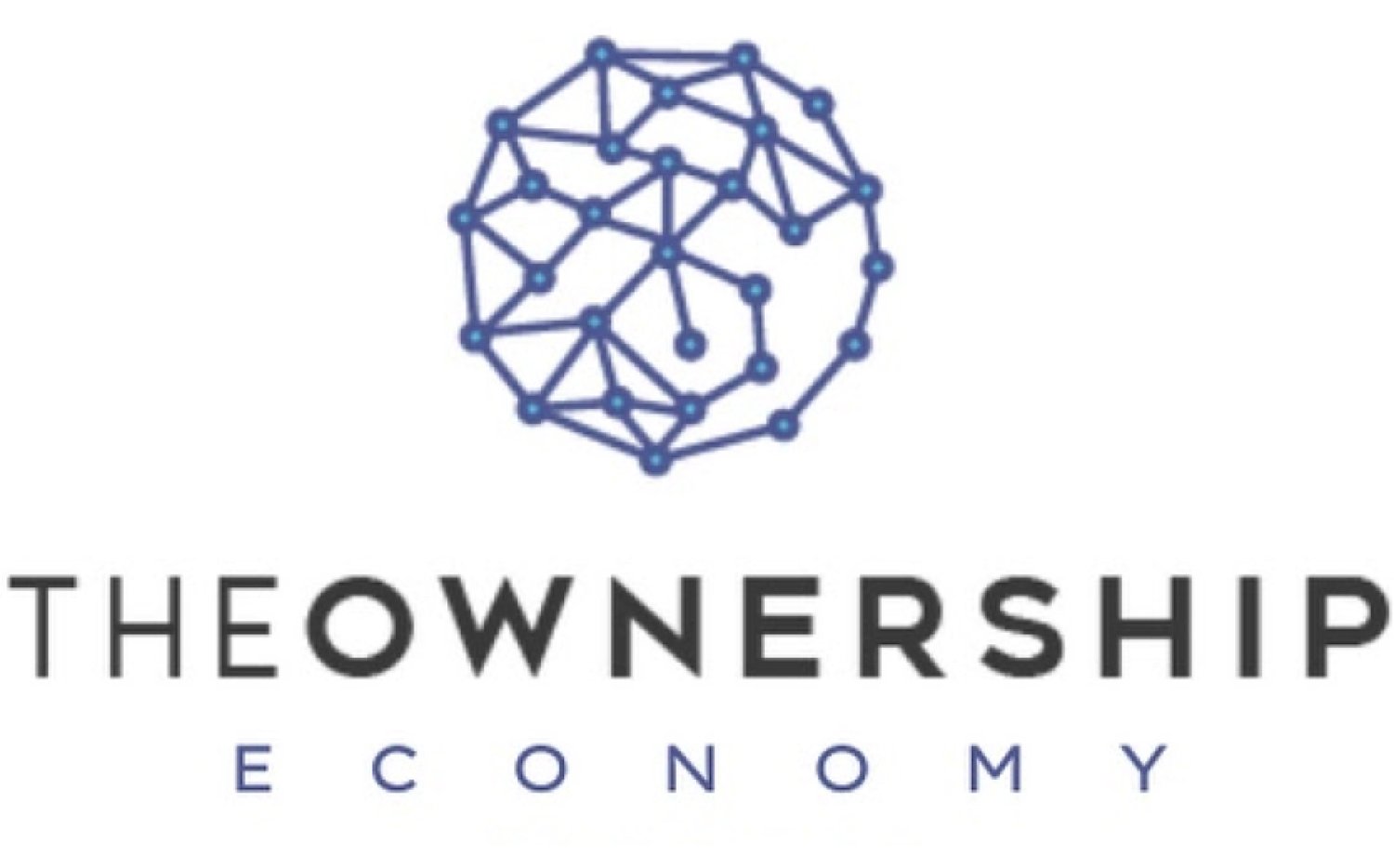Cryptocurrencies: Disrupting the American Real Estate Landscape
The real estate sector, long anchored in traditional financial systems, is witnessing a profound transformation driven by the advent of cryptocurrencies and blockchain technology. These innovations are poised to redefine transactions, financing, and ownership, particularly within the expansive and heavily regulated American market. Below, we explore the multifaceted ways cryptocurrencies are reshaping the real estate industry.
1. Democratizing Investment Opportunities
Cryptocurrencies are pioneering a shift towards fractional ownership of real estate, which enables a broader range of investors to participate in the market without the burden of substantial capital outlay. By tokenizing real estate assets on blockchain platforms, properties can be divided into digital shares, each of which can be purchased independently. This model allows investors to acquire smaller stakes in properties, thus broadening access to real estate investment.
For example, consider a commercial building in New York that is tokenized into numerous shares. Such a mechanism democratizes the investment landscape, empowering Americans from diverse financial backgrounds to engage in real estate, rather than requiring years of savings to acquire an entire property.
2. Streamlining Transactions and Reducing Costs
The inefficiencies inherent in traditional real estate transactions—characterized by numerous intermediaries such as brokers, banks, and escrow agents—often result in protracted timelines and high costs. Cryptocurrencies offer a solution through decentralized systems that facilitate direct transactions between buyers and sellers, eliminating the need for traditional intermediaries.
This peer-to-peer model can significantly diminish transaction fees typically levied by intermediaries. Furthermore, the transparency and reliability of blockchain technology streamline the verification and tracking of transactions, reducing paperwork and expediting closing times, thus enhancing overall efficiency in real estate dealings.
3. Enhancing Transparency and Security
At the heart of cryptocurrencies lies blockchain technology, which provides an immutable ledger of transactions. In a sector where transparency and security are paramount, particularly in high-value deals, the features of blockchain—such as cryptographic validation and decentralized data storage—significantly mitigate the risks of fraud and misrepresentation.
For American buyers and sellers, this heightened transparency fosters trust, as all parties can independently verify property records and ownership histories. Such an open ledger not only enhances security but also serves as a safeguard against fraudulent activities, which remain prevalent in markets where ownership titles are susceptible to tampering.
4. Attracting Global Capital
Cryptocurrencies facilitate cross-border investments by simplifying the complexities often associated with traditional financial systems. Foreign investors can convert their local currencies into cryptocurrencies, allowing them to invest in U.S. real estate with relative ease, circumventing intricate currency conversion processes and associated fees.
This newfound accessibility could make the U.S. real estate market increasingly attractive to foreign investors, driving capital inflows and stimulating demand across various regions. By simplifying international transactions, cryptocurrencies stand to bolster the American economy significantly.
5. Smart Contracts: A Paradigm Shift
Smart contracts represent a groundbreaking advancement in the realm of real estate transactions. These self-executing contracts automate the fulfillment of terms directly through code on the blockchain, thereby eliminating the need for intermediary verification.
For instance, in a property sale, a smart contract could automatically release funds to the seller once specific conditions are met, such as proof of title transfer. This automation not only expedites the transaction process but also minimizes the potential for human error, thereby enhancing the overall integrity of contractual agreements.
6. Reducing Bureaucratic Overhead
Traditional real estate transactions often involve cumbersome bureaucratic procedures, from title searches to notarization requirements. Blockchain technology can streamline these processes by digitizing and automating record-keeping, significantly reducing the need for exhaustive paperwork.
By establishing real estate records and titles on the blockchain, title transfers can be executed digitally, thereby expediting the closing process and enhancing the experience for buyers and sellers alike.
7. Privacy Considerations in Transactions
In contrast to traditional real estate dealings, which require extensive personal information disclosure, cryptocurrency transactions offer a degree of privacy that may be appealing to buyers and sellers. While regulatory frameworks like Know Your Customer (KYC) and Anti-Money Laundering (AML) laws necessitate some level of disclosure, blockchain transactions can maintain a higher degree of anonymity.
For investors, this enhanced privacy allows for property purchases without the public exposure of personal details, although compliance with existing regulations remains essential to ensure market integrity and security.
Conclusion
As cryptocurrencies gradually permeate the American real estate landscape, they are bringing about increased efficiency, accessibility, and transparency. By lessening the reliance on intermediaries, enabling fractional ownership, and facilitating cross-border transactions, cryptocurrencies are forging new pathways for engagement in real estate investment. With continued adoption, these digital assets possess the potential to fundamentally reshape the real estate sector, offering a more flexible, secure, and efficient alternative to conventional transaction methods.

